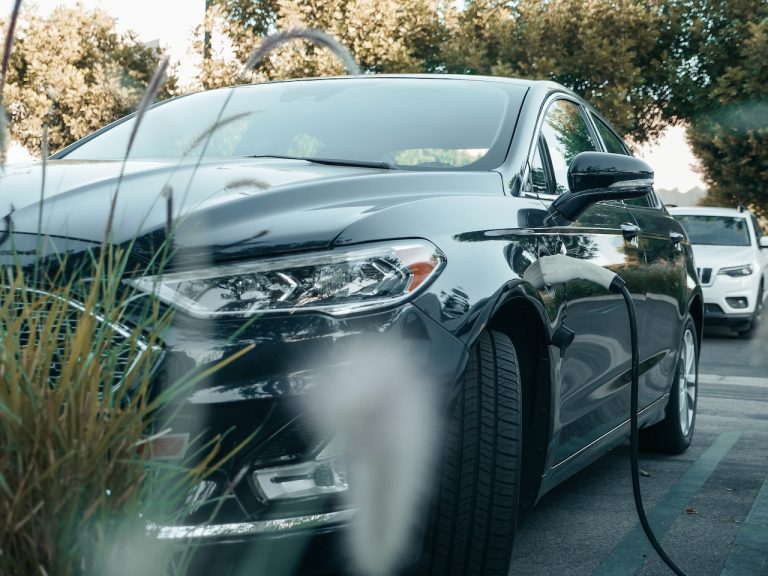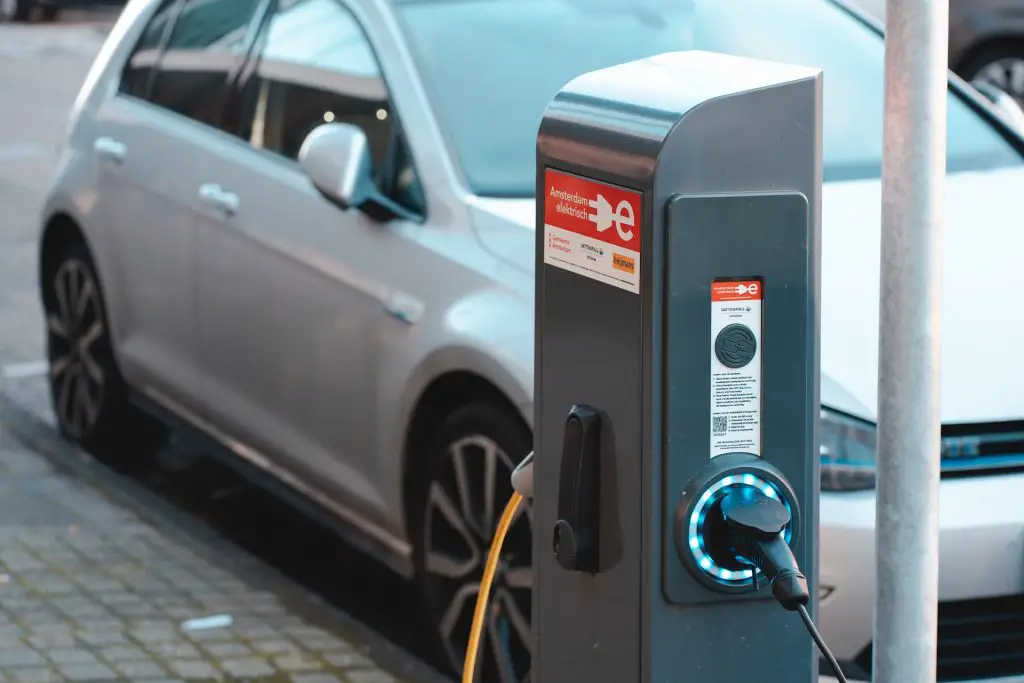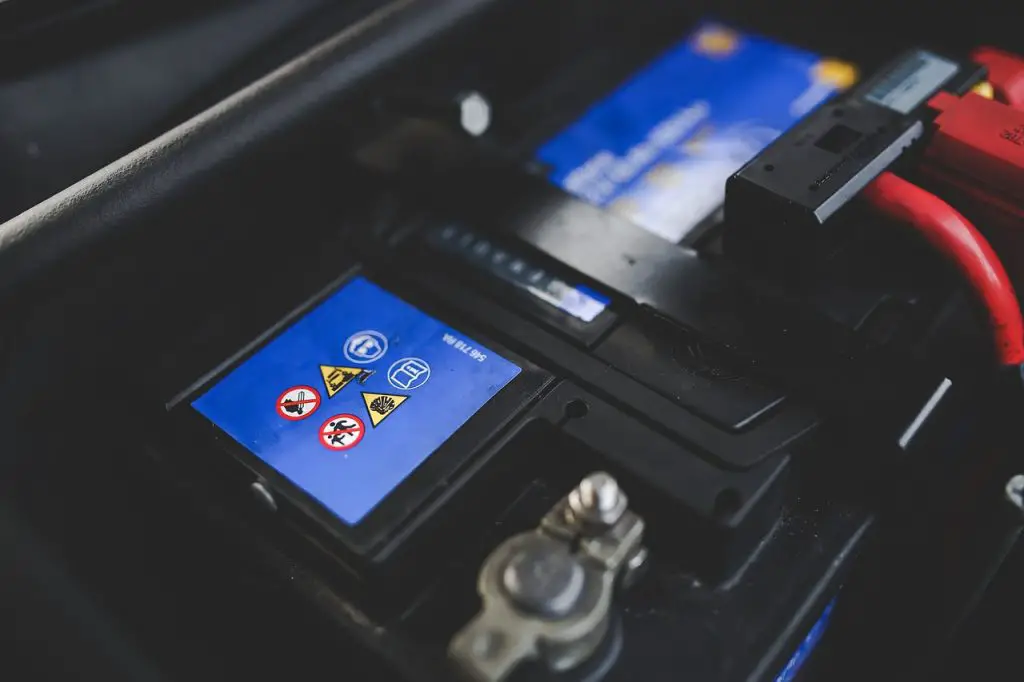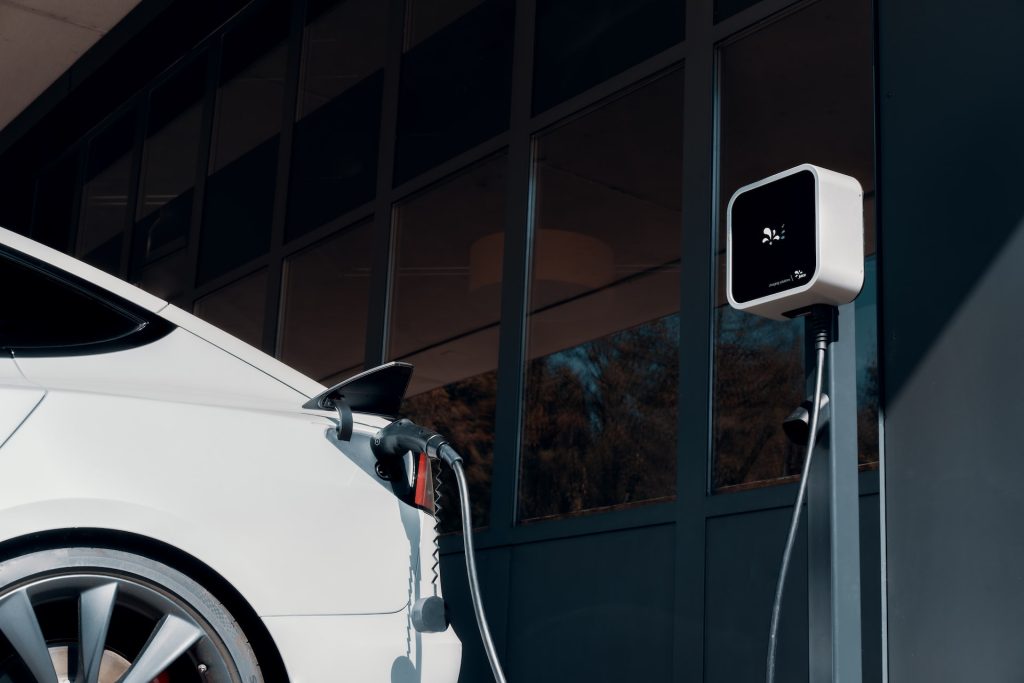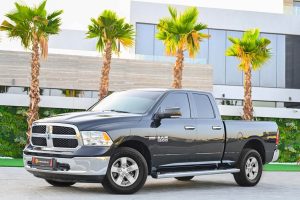Are you curious about how to charge hybrid car? With the rise of electric vehicles and hybrids, it has become important to understand how to charge them safely. Hybrid cars can be powered by petrol or an electric battery system, making them efficient in terms of fuel consumption and emissions.
In this article, we will explain how to charge hybrid car and the different charging options available. We will also discuss how much it costs to charge a hybrid vehicle, as well as provide some useful tips on how to safely charge your car. So, if you are looking for information about how to charge hybrid car, then look no further! Keep reading to learn more.
Table of Contents
ToggleA Guide to Charging Hybrid Cars
Combining the power of a petrol engine with an electric battery system, hybrid cars offer superior efficiency compared to traditional vehicles running on petroleum or diesel. To charge a hybrid car, you will need to plug it into either a wall unit at home, a public charging station, or use a portable charger.
Depending on the type of charger being used, the process can take anywhere from several hours to overnight. The amount of time it takes to charge a hybrid car will also depend on how much power is needed and how big your battery is. Additionally, how often you need to charge your car depends on how often you drive it and how long each journey is.
Types of Charging Options for Hybrid Cars
The first step to charging a hybrid car is selecting the right type of charger. There are three main types of chargers available: home wall units, public charging stations, and portable chargers. Let’s have a look at how each of these charging options.
Home Wall Units
Home wall units are one of the most popular charging options available for hybrid cars because they are relatively low-cost and easy to install in your garage or carport. The installation process is fairly straightforward—all you have to do is connect the unit to your existing electrical wiring. Once installed, these units will typically charge your car in around four hours or less.
Public Charging Stations
Public charging stations are another great option for those who don’t have easy access to a home wall unit. These charging stations are located in designated areas throughout cities, malls, airports, etc. They provide quick access to an electric outlet and allow you to charge your car while on the go. These stations typically use Level 2 chargers that require a special plug-in cable. Some public charging stations also offer faster Level 3 chargers with extra-powerful plugs that can charge your car in under an hour.
These charging stations come in a variety of sizes and configurations, from single outlets up to 50-amp outlets that can support multiple vehicles simultaneously. Some public charging stations also offer membership programs that provide additional benefits like discounted rates or priority access during peak times. If you travel frequently or find yourself often running low on electricity while driving, then public charging stations may be the best option for you.
Portable Chargers
Portable chargers are great for people who need flexibility in their power source but don’t want to pay for the installation of a home wall unit or wait around at a public charging station. These chargers are small enough to fit in the trunk of your car and come with onboard circuitry that allows them to automatically adjust voltage levels depending on the state of charge of your vehicle’s battery system. This makes them great if you find yourself needing power while away from home or conventional power sources like public charging stations.
Cost of Charging a Hybrid Vehicle
When considering a hybrid vehicle, it’s essential to examine the cost of charging and other factors, such as fuel efficiency and environmental benefits. Understanding the factors influencing the cost of charging and the differences between charging levels is crucial when deciding whether or not to invest in a hybrid vehicle.
Factors Influencing Cost of Charging
The cost of charging a hybrid vehicle depends on several factors, including the type of charger used, how much power is needed, how often you need to charge your car, and how long each journey is. Additionally, the cost of electricity will vary depending on where you live and how much you use. Now let’s see each factor in detail.
Electricity Rates:
One of the primary factors that affect the cost of charging your electric vehicle is the rate at which you are charged for electricity. Residential electricity rates can vary depending on your location and your electricity provider. The cost of electricity is usually measured in cents per kilowatt-hour (kWh).
To estimate how much it will cost to charge your EV, you’ll need to know the rate at which you’re being charged for electricity and the amount of electricity (in kWh) it takes to fully charge your vehicle. Remember that some utilities may offer special EV or time-of-use rates, which can lower your charging costs if you charge during off-peak hours.
Types of Charging Stations:
There are three main types of charging stations for electric vehicles, and the charging speed and cost can vary significantly among them. Level 1 charging stations use standard 120-volt outlets, which can be found in most residential settings. These stations charge at a slower rate, typically adding around 3-5 miles of range per hour of charging.
Level 1 stations require no additional hardware, making them the most cost-effective charging option.
Level 2 charging stations use a 240-volt electrical supply and are typically found in residential, commercial, and public areas. These stations charge your EV much faster than Level 1 stations, adding 10-20 miles of range per hour of charging. While Level 2 stations often come with additional hardware costs, the increased convenience and reduced charging time may make this option more desirable for EV owners.
DC Fast Charging stations, also known as Level 3 stations, are the fastest charging option available for electric vehicles. These stations can provide 50-100 miles of range in just 20-30 minutes of charging time. However, DC Fast Charging stations are more expensive to install and typically carry higher charging fees, making them a less economical option for everyday EV charging.
Vehicle Battery Capacity:
The size and capacity of your electric vehicle’s battery will affect not only how long it takes to charge but also the cost associated with charging it. Electric vehicles typically have battery capacities ranging from 15 kWh to 100 kWh. Generally, larger batteries will take longer to charge and will cost more overall to charge. However, it’s important to keep in mind that the actual cost per mile of driving an EV is still much lower than that of a traditional gasoline-powered vehicle, regardless of battery size.
Charging Efficiency:
Not all of the energy used during charging goes directly towards recharging your electric vehicle’s battery. Some energy is lost as heat during the charging process, which is called charging inefficiency. Most electric vehicles have a charging efficiency of around 90%, meaning that for every 100 kWh of energy drawn from the grid, 90 kWh is actually used to charge the vehicle’s battery. This inefficiency will slightly increase charging costs, as you’ll be paying for more energy than what’s actually utilized by your electric vehicle.
Also Read: How To Fix Charging Port in Car
Public Charging Costs:
If you’re charging your electric vehicle at a public charging station, you may encounter additional costs. Many public charging stations charge a fee to use their services, while others offer free charging as an incentive to attract customers. Be sure to research the fees and costs associated with using public charging stations in your area in order to factor that into your overall charging budget.
Comparison of Level 1, 2, and 3 Charging Costs
There are three levels of charging available to hybrid and electric vehicle owners: Level 1, Level 2, and Level 3. Each level offers varying charging speeds and costs associated with them.
Level 1 charging is the slowest but cheapest option, as it uses a standard 120-volt household outlet. This level of charging is often best suited for those who primarily drive short distances and can charge their vehicles overnight.
Level 2 charging requires a 240-volt outlet and offers faster charging capabilities than Level 1. This option is ideal for those who drive more extended distances or need a quicker charge between trips. The cost of Level 2 charging is typically higher than Level 1 due to the need for a special charging unit and dedicated electrical circuit. However, the reduced charging time can help offset this higher upfront cost in the long run.
Level 3 charging, also known as DC fast charging, is the fastest but most expensive option. It is often used in commercial settings or quick-charge locations along highways. Home installation of Level 3 charging equipment requires significant electrical upgrades and investments, which may not be suitable for every homeowner.
Tips on How to Charge Hybrid Car
Charging your electric or hybrid car is relatively easy, but it’s important to understand how the different charging options work and how they can affect the overall cost of ownership. Here are a few tips to keep in mind when charging your hybrid car:
- Know how much range you need: Before you start charging your hybrid car, take the time to calculate how much range you will need for your next trip. It will help you choose the best type of charging station and ensure that your vehicle has enough range for the entire journey.
- Choose a charging location wisely: When selecting a charging station, make sure to consider how often you will need to charge and how much power the charging station can provide. If you’re looking for an inexpensive option, Level 1 and Level 2 public charging stations are usually your best bet.
- Monitor your usage: Keeping track of how much energy you’re using when charging your hybrid car is important. It will help you to budget how much energy you need and how often you should charge your car.
- Take advantage of discounts: Many electric vehicle owners are eligible for discounts on charging costs, such as those offered by utility companies or local municipalities. Taking advantage of these offers can help save money in the long run.
- Use a smart charger: Smart chargers can provide added convenience and cost savings by allowing you to monitor how much energy your car is using and how long it will take to fully charge.
Also Read: Can you Wrap A Car With Dents
Conclusion
In conclusion, electric and hybrid vehicles offer a more sustainable and cost-effective way of getting around. To make the most of your charging experience, it’s important to understand how different charging levels work and how they can affect your overall costs. By following these tips and taking advantage of available discounts, you can save money while keeping your electric or hybrid vehicle running efficiently. With the right knowledge and preparation, charging your electric or hybrid car can be an easy and stress-free process.

